President Recep Tayyip Erdoğan’s ruling Justice and Development Party (AK Party) will dissect the unforeseen results of Sunday’s municipal elections and draw a new road map at an executive board meeting on Wednesday.
In his first speech after the unofficial election results, in which the main opposition, the Republican People’s Party (CHP), took 35 of Türkiye’s 81 provincial capitals against the 24 for the AK Party, Erdoğan acknowledged the failure to achieve success and hailed what he called the “victory of democracy.”
He said the “message was received” and assured his party would engage in self-criticism. At Wednesday’s meeting, he will listen to extensive reports from the election board and local administrations on the decline in AK Party support.
“The election’s outcome, the eight-point margin with the opposition, was unpredictable for several reasons, but at this point, the AK Party need not panic and demonstrate its willingness to change,” according to political science expert Hamit Emrah Beriş.
“What’s important now for his government is that they must realize that this election and the problems in the lead-up to it are conjectural and they mustn’t act out of panic,” Beriş told Daily Sabah.
Co-existence with opposition mayors was tested after the CHP took control of Türkiye’s economic powerhouse, Istanbul, and its capital, Ankara, in the 2019 elections. At the time, some observers had prematurely predicted his political exit.
Erdoğan himself said on Sunday evening that “we will work with the mayors who have won” and straightforwardly accepted the opposition surge, calling it a “turning point” for the AK Party.
Erdoğan is a leader who “doesn’t like radical turns,” Beriş said, arguing that the president would “opt for caution as he and his party draw a new road map.”
Beriş expects Erdoğan to refrain from major changes in the short term, except for changing a couple of names in the AK Party council and maybe replacing a few Cabinet members “of technocrat and bureaucratic background with more politically attractive” names.
Opposition’s gambit
Beriş also pointed out Erdoğan’s avoidance of “populist” rhetoric on the campaign trail, especially the widespread demand to hike pensioner wages and strict adherence to the economy plan he installed after last year’s general elections.
Erdoğan’s economy team, led by Finance Minister Mehmet Şimşek, has been working to rein in rampant inflation – currently at 67% – and the devaluation of Turkish lira over the past year.
Beriş believes the opposition utilized the economic conditions and high inflation to its advantage while racking up an intense “disinformation” campaign on social media platforms, which he argued influenced the voting tendencies of pensioners and low-income citizens.
“By staying out of topics like foreign policy, migration and terrorism that were often brought up during last year’s elections, they played off the dissatisfaction of these citizens,” Beriş said.
“But this alone isn’t enough to cause an outcome like Sunday’s. There were other parameters involved,” he added, meaning the endorsement from the CHP’s unofficial ally, the Green Left Party (YSP) – informally known as the Peoples’ Equality and Democracy Party (DEM Party) – and the shifting sentiment among supporters of former partner the Good Party (IP), after the collapse of their electoral alliance.
“The loss can also be explained by the drop in turnout, by the abstinence of pensioners and other citizens who in the past voted for AK Party,” Beriş said. In comparison, the turnout for 2023’s presidential and parliamentary elections was 86.9% when Erdoğan won with 49.5%.
Beriş, however, doesn’t believe the CHP’s win – their first time being the leading party since 1977 – is permanent.
Citing a similar success trajectory for a CHP predecessor, the Social Democratic Populist Party (SHP), in 1989 that ended with the party’s defeat in the next term’s polls, Beriş said CHP mayors “have already been performing poorly, especially in Istanbul and Ankara.”
Pundits have claimed the CHP’s Istanbul mayor, Ekrem Imamoğlu, the opposition’s champion since taking the mayor’s seat five years ago in a controversial rerun, now looks set for a presidential run in 2028.
“I don’t think the CHP will be able to generate a success story they can manifest into a general administration,” Beriş said.
With 265 seats, the AK Party remains by far the strongest force in the 598-seat Parliament, and its alliance with the Nationalist Movement Party (MHP) brings its seats to 314. However, the party lacks the numbers to revise the Constitution, something Erdoğan’s government has been keen on for the past decade.
After the local elections, his party will meet with opposition parties to gauge support for a new constitution, which needs at least 400 votes to be ratified and 360 votes to go to a referendum.
Erdoğan is also refocusing on the vital battle against terrorism, particularly in northern Iraq, where Turkish warplanes regularly strike PKK targets.

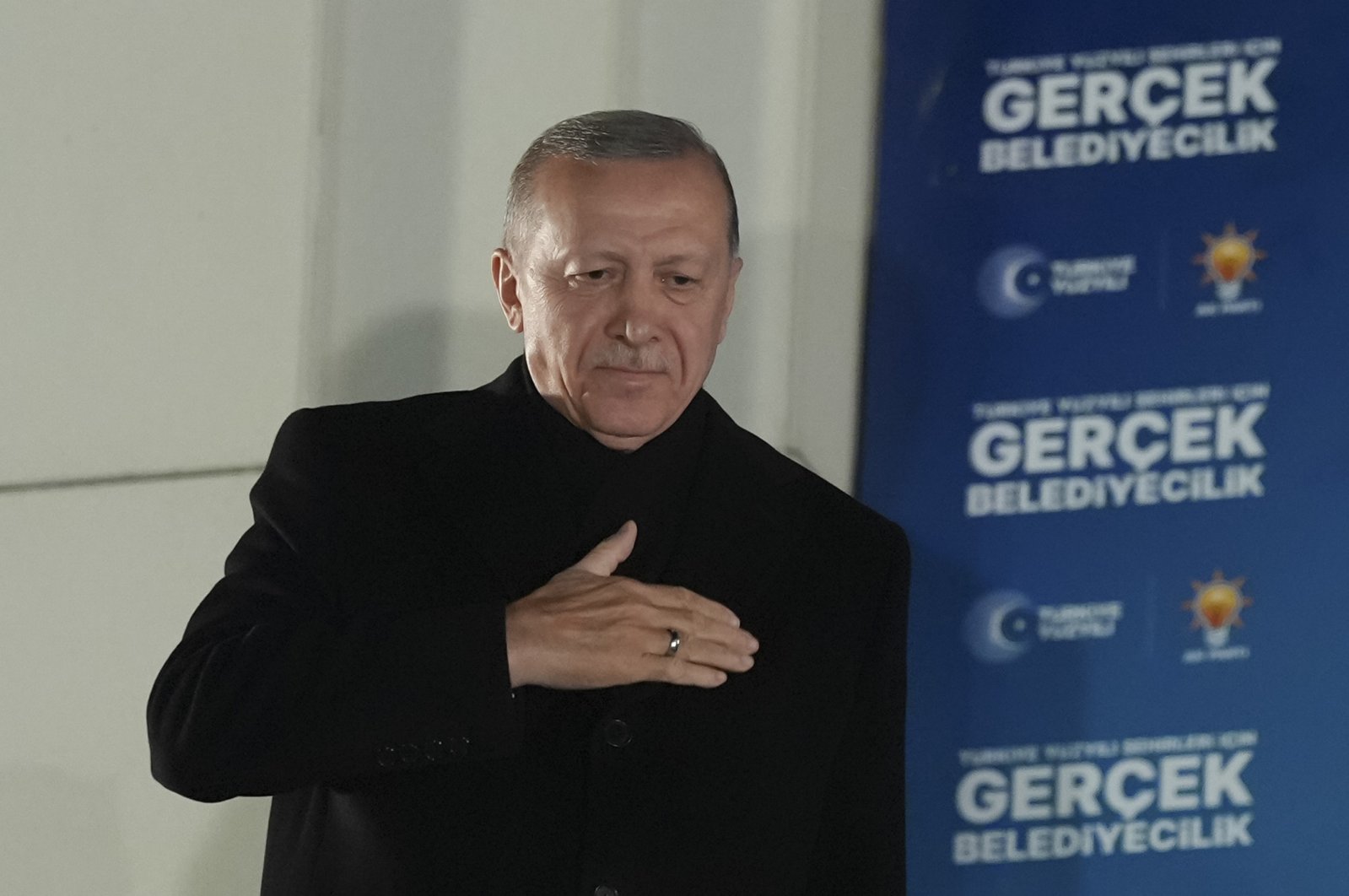

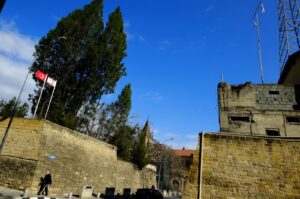


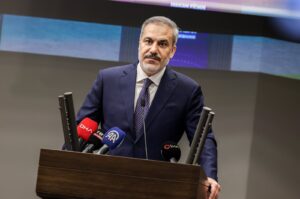

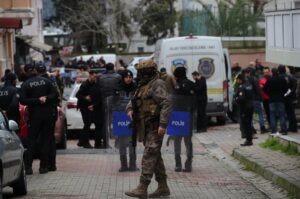

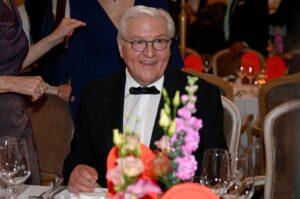
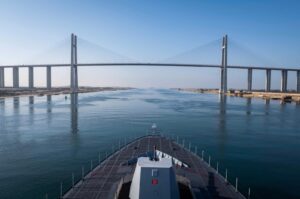
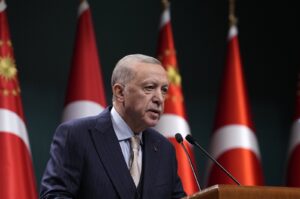
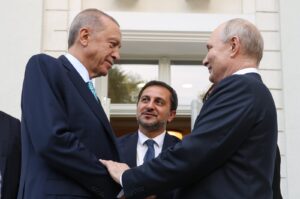
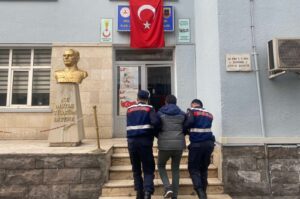
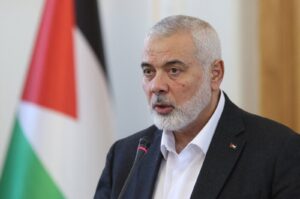
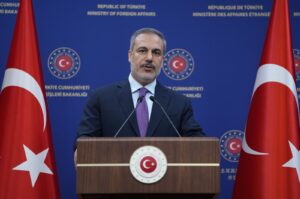


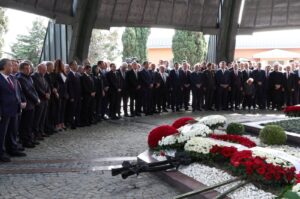

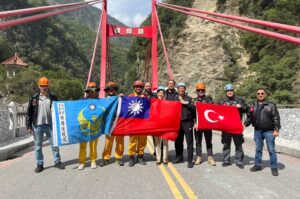
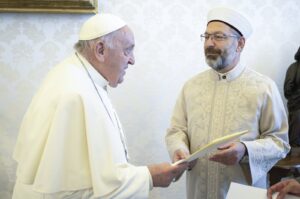

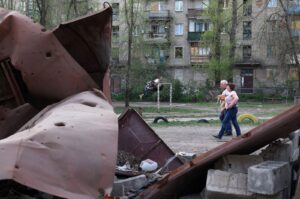
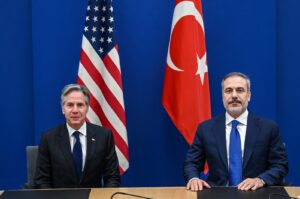
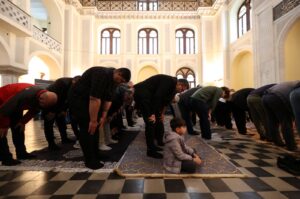

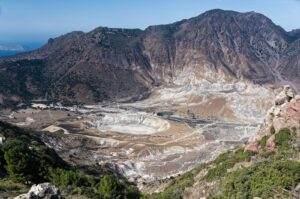
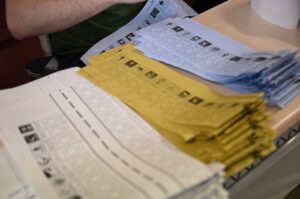
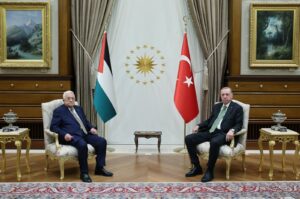

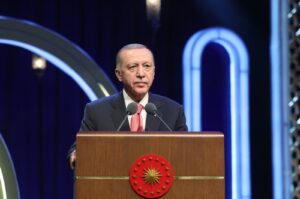


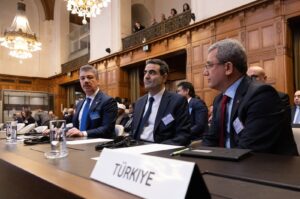
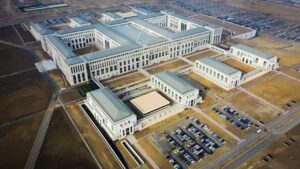

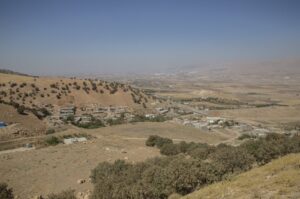
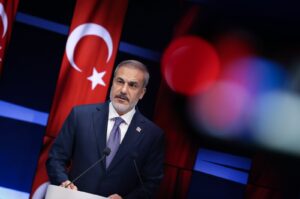

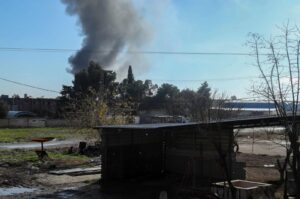

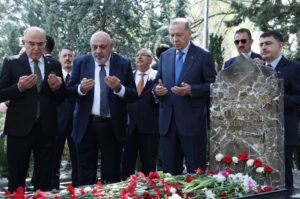
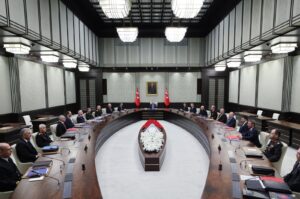
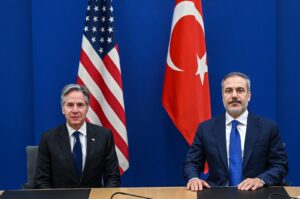
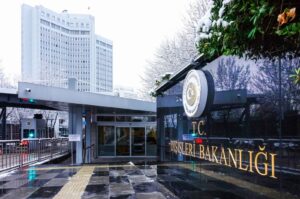
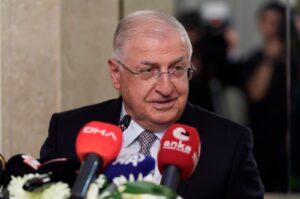

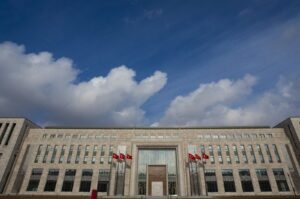
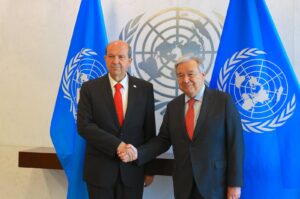
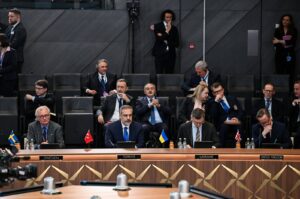
Be First to Comment